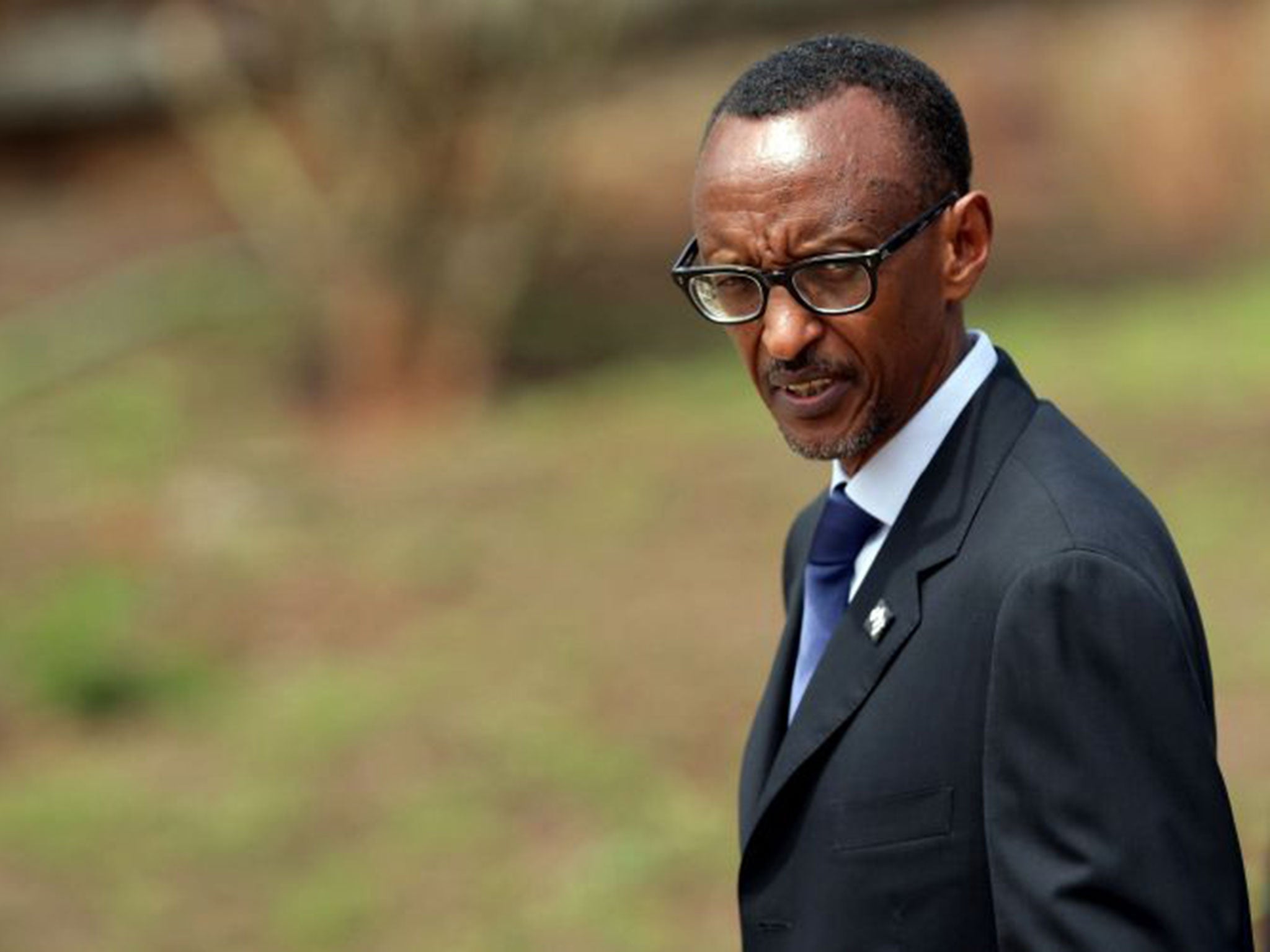BBC accused of promoting genocide denial in Rwanda documentary
Scholars and scientists write open letter

Your support helps us to tell the story
From reproductive rights to climate change to Big Tech, The Independent is on the ground when the story is developing. Whether it's investigating the financials of Elon Musk's pro-Trump PAC or producing our latest documentary, 'The A Word', which shines a light on the American women fighting for reproductive rights, we know how important it is to parse out the facts from the messaging.
At such a critical moment in US history, we need reporters on the ground. Your donation allows us to keep sending journalists to speak to both sides of the story.
The Independent is trusted by Americans across the entire political spectrum. And unlike many other quality news outlets, we choose not to lock Americans out of our reporting and analysis with paywalls. We believe quality journalism should be available to everyone, paid for by those who can afford it.
Your support makes all the difference.A coalition of academics, scientists and journalists has written to the director general of the BBC to accuse the broadcaster of being “recklessly irresponsible” in promoting “genocide denial” in a BBC2 documentary on the Rwanda massacres of 1994.
The letter by 38 experts on Rwanda expresses “grave concern” over the impression left by the film Rwanda’s Untold Story, broadcast earlier this month. The authors demand a BBC inquiry into how the documentary was made and call for the broadcaster to apologise to victims and survivors of the genocide.
“In broadcasting this documentary the BBC has been recklessly irresponsible,” the letter said. “The programme has fuelled genocide denial. It has further emboldened the génocidaires, all their supporters and those who collaborate with them. It has provided them the legitimacy of the BBC.”
The complaint follows earlier protests by Rwandan genocide survivor groups who complained the BBC had followed a political agenda and made no attempt to contact them over what happened in 1994.
In the letter from the experts, the BBC is accused of having embraced a “campaign of genocide denial” being promoted by members of Rwanda’s Hutu majority. The authors say the BBC has provided genocide deniers with “another platform to create doubt and confusion about what really happened”.
Specifically, the programme is accused of making three “untenable claims” in playing down the crimes of the Hutu Power militia, minimising the number of Tutsi victims and alleging that the Rwandan Patriotic Front, led by current President Paul Kagame, was responsible for the assassination of former President Juvenal Habyarimana in 1994.
Although the letter’s authors acknowledge the programme’s right to investigate crimes committed by Kagame’s RPF and his current regime, they say “it is not legitimate to use current events to either negate or to diminish the genocide”.
The BBC argues that the programme made a “valuable contribution” to the understanding of a difficult subject. “The BBC strongly refutes the suggestion that any part of the programme constitutes a ‘denial of the genocide against the Tutsi,’” said a spokesperson. “There are repeated references to the mass killings of Tutsis by Hutus in 1994 and that this constituted genocide.”
Join our commenting forum
Join thought-provoking conversations, follow other Independent readers and see their replies
Comments